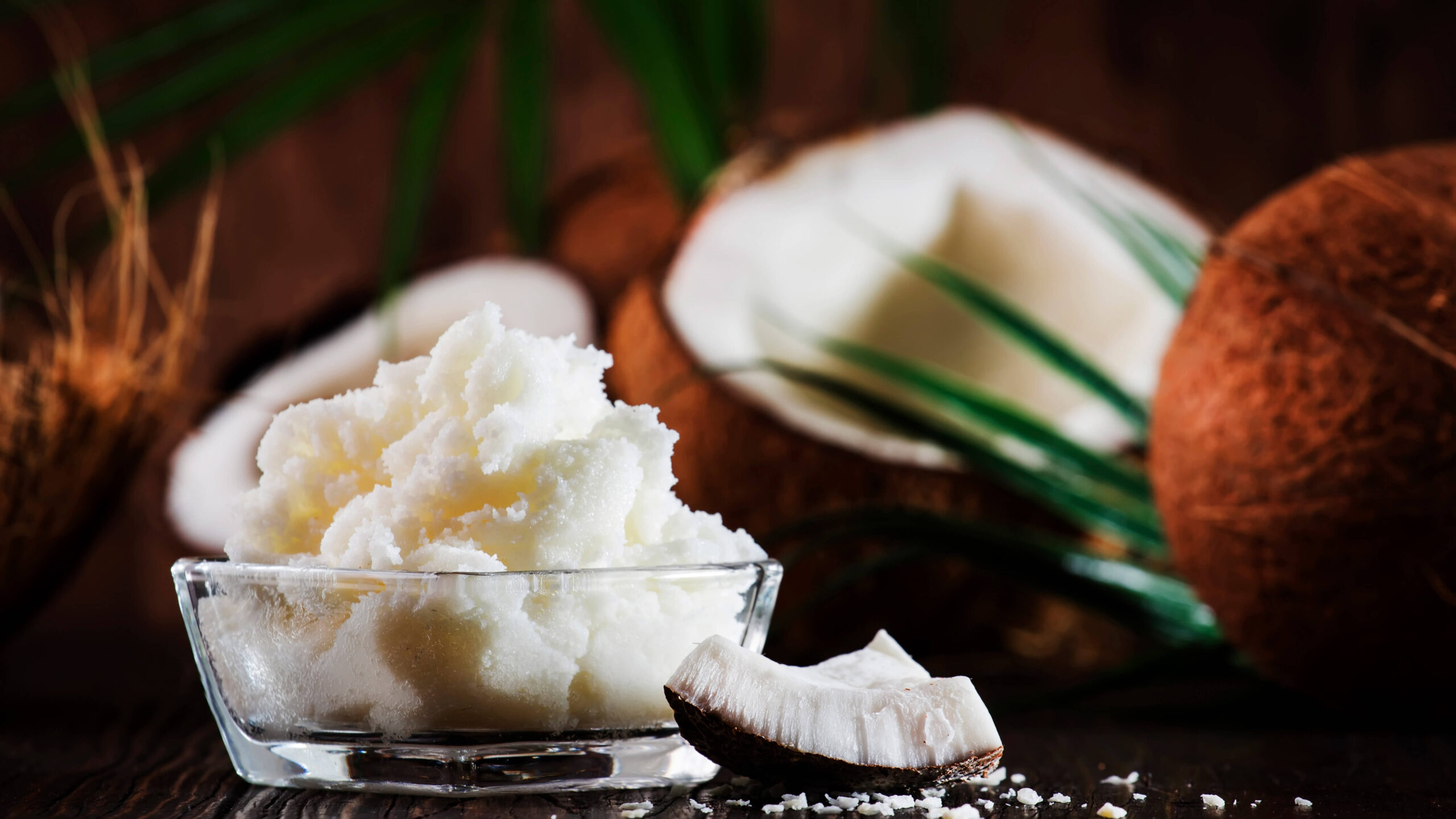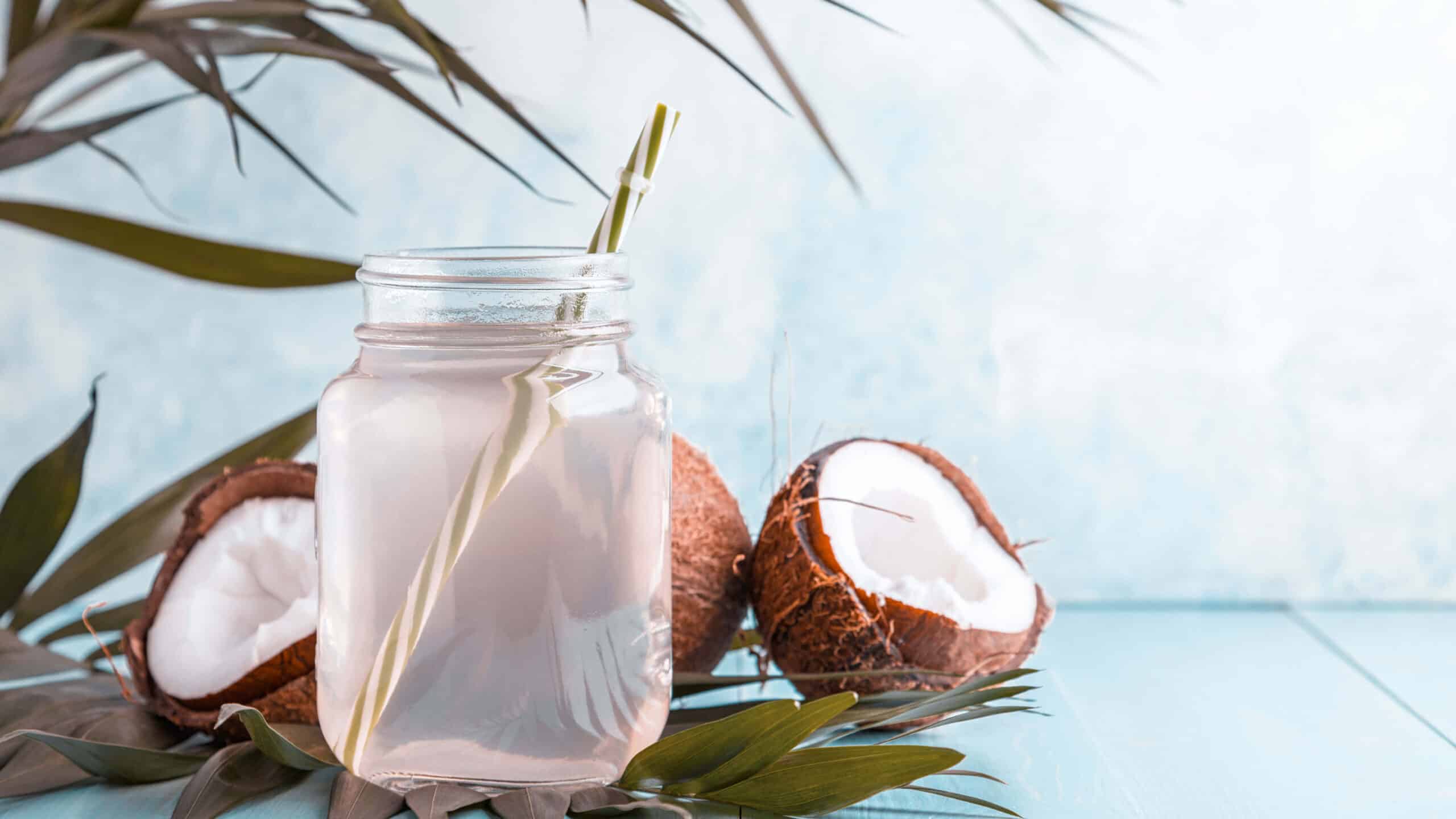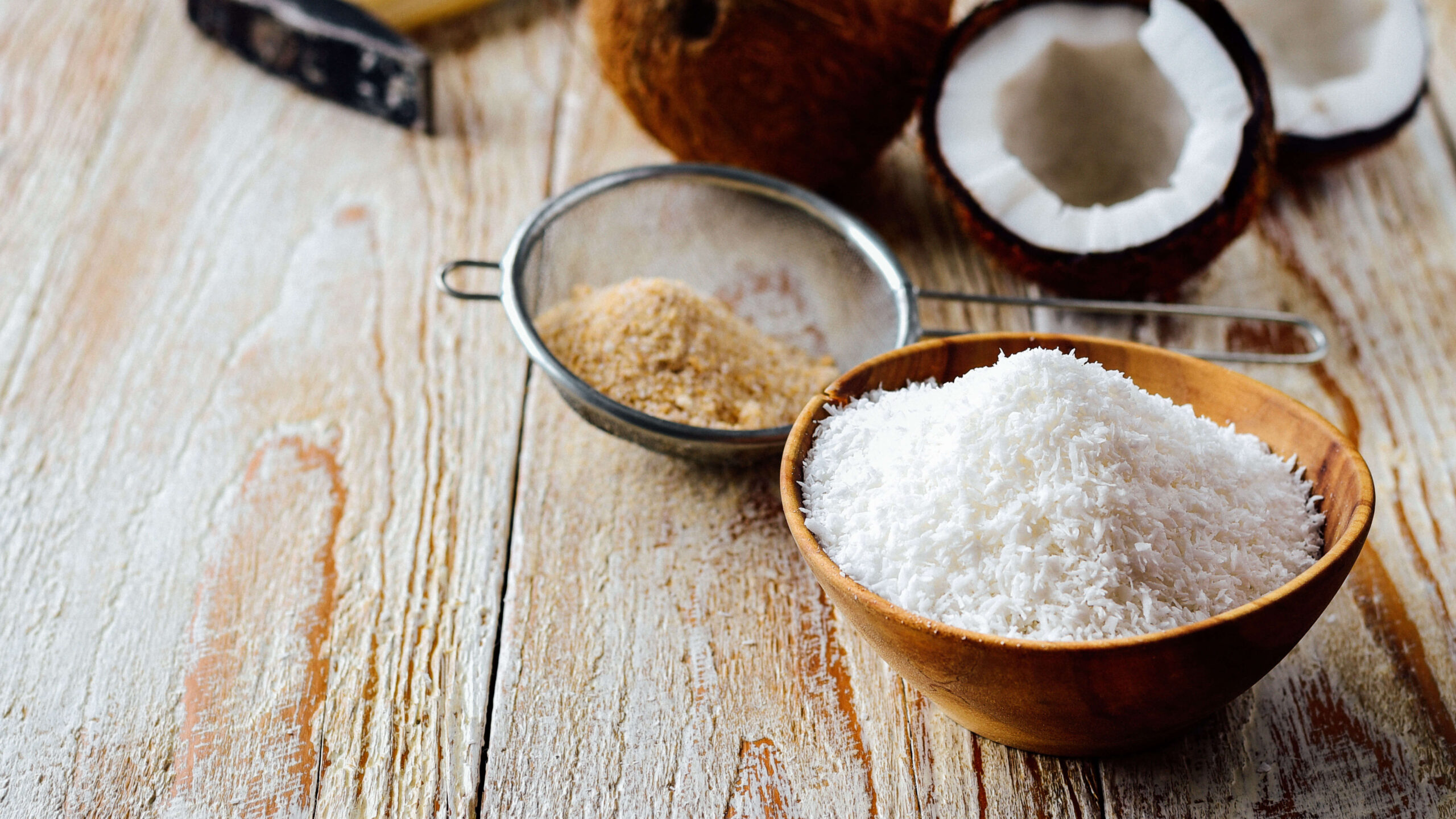Nobody will ever tell you these 5 little-known reasons why you should include coconut in your diet, but they are essential.

Coconuts have been the subject of many nutrition myths over the years, but their undeniable health benefits have shown that adding them to the diet is a good idea. Coconut comes in many forms, like water, milk, oil, and flour. Many coconut forms make it easy to add coconut to a healthy diet in many different ways. Even though it may be easier than ever to add one or more of the many kinds of coconut to one’s diet, consumers may still need clarification on some of the false information about this healthy, versatile global food. Here are five reasons why eating coconuts as part of a healthy diet might be a good idea.
Coconut in your diet are a nutritious source of saturated fatty acids.

Saturated fats come in several varieties. In comparison, the ratio of saturated to unsaturated lipids in coconut oil is roughly 92% to 9%. Compared to animal fats, coconuts contain saturated fats with a shorter chain length. The fats in coconut oil are 65% medium-chain and predominantly (48%) lauric acid (C12). Longer chain fats like palmitic C16.0 and stearic C18.0 are found in animal and butter fats. Short-chained Lauric acid should not be categorized similarly to saturated fats found in butter and animal fats due to its distinct, more advantageous impacts on health.

Coconuts are not only a significant source of food for people all over the world, but they are also an important source of fiber, timber fuel, oil, and medicine.
Coconuts are a good source of nutrients, including antioxidants.

A recent systematic review found that the endocarp and coconut water are high in antioxidants that can help protect cells from oxidative damage. Coconut is also a good source of potassium, magnesium, and other vitamins and minerals.
Coconuts are sustainable

People say that a coconut crop is a sustainable form of farming that helps the three pillars of society, the economy and the environment. It’s a great crop to support the current trend of reusing and recycling. Reusing and recycling is a process in agriculture whereby materials that were once thought to be food processing waste products are now utilised as a source of many nutrients, including fiber. For instance, the leftovers from making coconut oil and coconut milk are high in fiber and can be added to bread and other foods to make them healthier.
Coconut flour has a lot of fiber, is gluten-free, and is suitable for your gut.

When coconut by-products are used to make dietary fiber, coconut can add them to other foods like bread to make foods with a low glycemic index and a high amount of short-chain fatty acids like butyric acid, which could be good for gut health. The fiber in bread went up by 57% to 76% when coconut milk or coconut oil residues were added.


